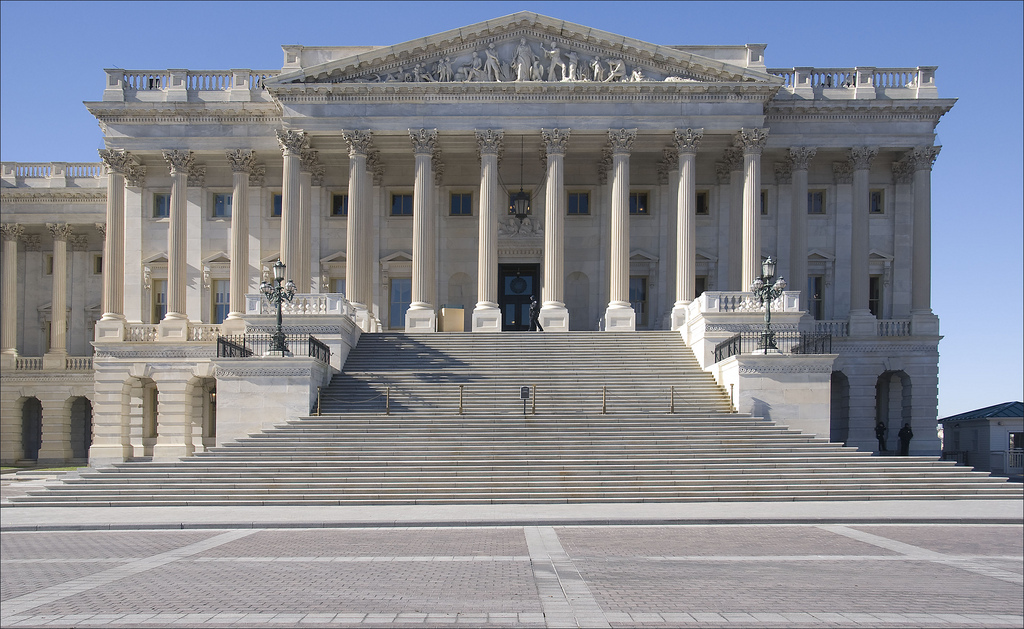
The Federal Communications Commission last October ruled that Internet service providers would need to gain consent from customers before being allowed to share (sell) personal information regarding their browsing history to third parties.
On Thursday, the US Senate voted to overturn that ruling by a narrow party-line vote of 50-48.
As The Hill points out, the vote comes courtesy of an obscure law called the Congressional Review Act (CRA) which can be used to eliminate rules before they go into effect. The next step is for the bill to head to the House. If passed there and signed by President Trump, the FCC’s attempt would successfully be struck down.
The publication adds that the CRA also prevents the FCC from passing “substantially similar” regulations in the future.
Senate Majority Leader Mitch McConnell said the regulation would have made the Internet an uneven playing field and increased complexity while discouraging competition, innovation and infrastructure investment. Senator Jeff Flake said it would have placed an unfair burden on service providers as websites like Facebook and Google collect user data (but wouldn’t have been subjected to the same restrictions).
Democratic Senator Ed Markey, meanwhile, said Republicans have just made it easier for sensitive information about the health, finances and families of Americans to be used, shared and sold to the highest bidder without their permission.
Today’s vote is viewed as a huge win for Internet providers like AT&T, Comcast and Verizon, all of which had strongly opposed the rules.
https://www.techspot.com/news/68639-us-senate-votes-overturn-rule-would-have-required.html